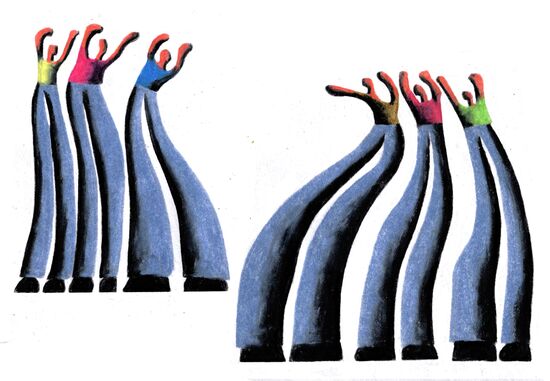| What we're placing bets on: Trump's first 100 days. As the dust settles, early forecasts are in on the president-elect's initial policy moves when it comes to taxes, tariffs, immigration and deregulation. What we're saving $100,000 for: Bitcoin. It's odd that an industry started to rebel against government control would stake its future on politicians, but the crypto world's $135 million bet on the US election just paid off spectacularly. What we're saving $1 million for: a Mar-a-Lago membership. The resort has always been prime real estate, but that price tag is up $300,000 since September. It's just one of many ways Trump can leverage his array of assets in a second term. What we're stressing about: climate change. As the COP29 climate summit kicks off, efforts to slash emissions are up against a very different US. China, the world's biggest emitter, could position itself as the new climate leader. What we're telling China: Wait up! Trump's 2018 tariffs have since snowballed into a bipartisan effort to slow China's roll. But the country already has a global leadership position in five of 13 key technologies tracked by Bloomberg. What we're telling ourselves: Don't bet against Elon Musk. The world must contend with the fact that Musk is now "both a state actor and a very, very wealthy capitalist," Max Chafkin says on Elon Inc. What we're watching: (American) football. Apollo Group co-founder Josh Harris acquired the Washington Commanders last year; their comeback is now seen as evidence that private equity firms should be able to buy in. | 













No comments:
Post a Comment